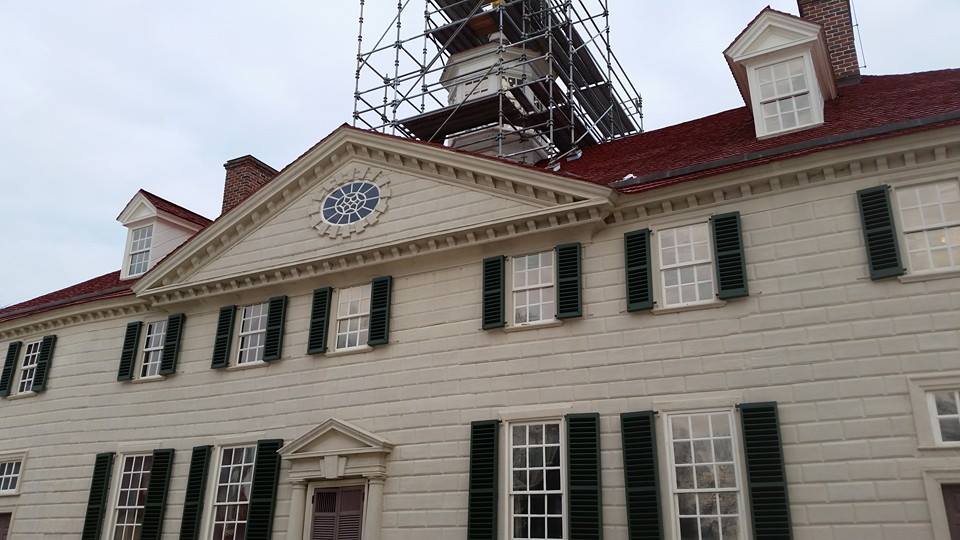Last week, I had the privilege of convening with 59 other leaders from across the country at Mount Vernon, George Washington’s home in Virginia, to kick off the first week of the inaugural class of the Presidential Leadership Scholars (PLS) Program. PLS is an unprecedented program co-sponsored by the presidential libraries of George W. Bush, Bill Clinton, George H.W. Bush and Lyndon Johnson. Each of us will be focusing on a project that we will work on over the next six months with feedback from the former Presidents and their teams. These projects must be ambitious in scope and designed to create significant social impact and change in the scholar’s specific field of focus.
I am excited about my project for PLS. I will be working on the detailed strategy of how to implement and scale Nuru’s model in a fragile/conflict state. Over the last six years, we have been working in Kenya and Ethiopia to test and refine the model to create the most high-impact, sustainable, and scalable integrated approach to ending extreme poverty in a region. For my project, I will be taking this refined model and building the strategy for successfully introducing it into a volatile region. As many of you know, this is the purpose for which I started Nuru in 2008, and I am excited to begin the planning for how to bring lasting meaningful choices to some of the toughest places in the world.
Reflecting back on this first week, I wanted to highlight 10 key takeaways I left this first week with that I feel can really help Nuru achieve our mission and vision in the coming years:
- Focus. Mission creep is one of the greatest threats to success for a young organization. Understand exactly what it is you are trying to accomplish and focus all your time and resources toward achieving that with discipline.
- Shape and choose your playing field. First, choose the game that you and your team will play with a deep understanding of what you are good at and what you are not good at. Then, work actively to shape that playing field.
- Understand and leverage your strengths relevant to the playing field. Too often leaders focus only on improving on weaknesses, but that won’t enable you to win. Find ways to leverage your key strengths. Know what you and your team are best in class at and then play to those strengths.
- Position yourself properly in the playing field. Choose where and how you play the game. Position yourself in the field where you can compete and win.
- Sustainable leadership is being able to relinquish power when you are at the height of it. Power can be intoxicating. True leadership is knowing when to let go of it. President Washington was unanimously voted into office twice in a row, but refused to be king and stepped down after his second term—to the lament of many of his cabinet members and contemporaries.
- Leaders must be okay with not “holding all the cards”—or, holding all the information. Successful leaders trust their teams to manage information and knowledge at their levels and contribute that information as it is appropriate to accomplish the commander’s intent.
- Humor and temperament are important leadership characteristics.
- Oftentimes as a leader, by the time a decision gets to you, there are no real good options. Leaders decisively choose the best of the poor options available and then move forward without looking back.
- Know and understand history. Too many tragic, preventable leadership mistakes are repeated by leaders who are too prideful to learn from the lessons of those who have gone before them.
- When building buy-in on a contentious decision and a bridge to an opposing side, learn how to make it easy for the other side to agree with you. Give them a graceful exit or path that allows them to save face.
I look forward to learning more insightful leadership lessons from my peers, the PLS staff, and the former Presidents over the next 6 months. Learn more about the program by visiting presidentialleadershipscholars.org.


